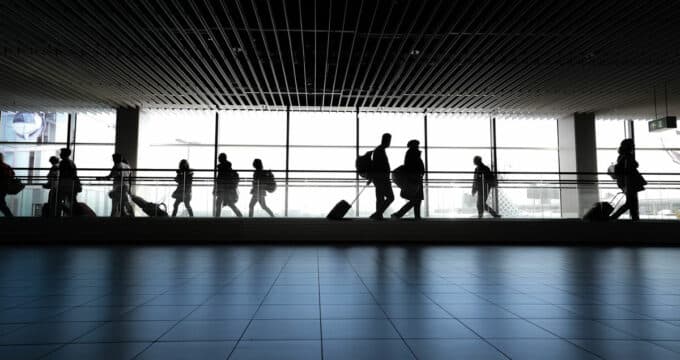South African court case settled: English students now eligible for study visas
The South African government will now issue study visas of up to 18 months for English as a Foreign Language students enrolled with recognised English Language Training (ELT) providers. The announcement resolves a dilemma that the country’s ELT sector has struggled with since mid-2014. Changes to the Immigration Act, which came into force in May of that year, did not provide a clear mechanism for the formal recognition of ELT providers as “learning institutions”. This led to a situation where study permits (that is, study visas) were no longer being issued for students enrolled at English language schools in South Africa. The country’s peak ELT body, Education South Africa (EduSA), has been working in the years since to resolve the roadblocks set up by the amended legislation. However, enrolment had fallen off sharply during those years, with student numbers dropping 37% between 2014 and 2015 and student weeks down by 22%. By July 2016, the association felt it had exhausted its options via political and bureaucratic channels, and at that point EduSA took the extraordinary action of bringing a legal action against the South African government. That lawsuit led in turn to an 8 November court hearing, and subsequently to what EduSA terms as an “amicable settlement” with the two government ministries involved: the Department of Home Affairs and the Department of Higher Education and Training. Under the terms of the settlement announced this month, students admitted to or enrolled with the 22 EduSA member-schools will be eligible to receive a study permit for up to 18 months. Those study permits will be awarded through a Ministerial exemption and as a special dispensation exclusively for students at EduSA schools. The settlement also provides that EduSA members will now apply for provisional registration as “learning institutions” under South African immigration legislation and with the goal of developing a clear path to government accreditation for ELT providers in South Africa. However that process unfolds, the Ministerial exemptions for EduSA students will remain in place throughout. “The special dispensation is valid for the full duration of the accreditation process until such time that EduSA members meet the ‘learning institute’ definition requirements,” confirms EduSA Chairman Johannes Kraus. “The Department of Higher Education and Training has very kindly undertaken to assist us with registering an appropriate qualification that matches the way our industry works, essentially kick-starting a process of formalising the EFL industry in South Africa. This is tremendous news for our organisation, and we look forward to working with our partners in government over the coming months." In a related development, Stefanie de Saude, the immigration law specialist acting for EduSA in its lawsuit, highlighted that South African immigration officials confirmed in their answering affidavit that foreigners studying at [legitimate] institutions not falling within the definition of “learning institutions” and who accordingly do not qualify for study visas, may study on a visitor visa issued in terms of section 11(1) of the Immigration Act. “This is the first time that clarity has been issued with regards to students studying on visitor visas, allowing South African embassies and consulates around the world to issue the respective visas more consistently,” added Ms de Saude. “This will significantly ease the entry of foreign students into our country.” For additional background on South Africa’s ELT sector, please see:














